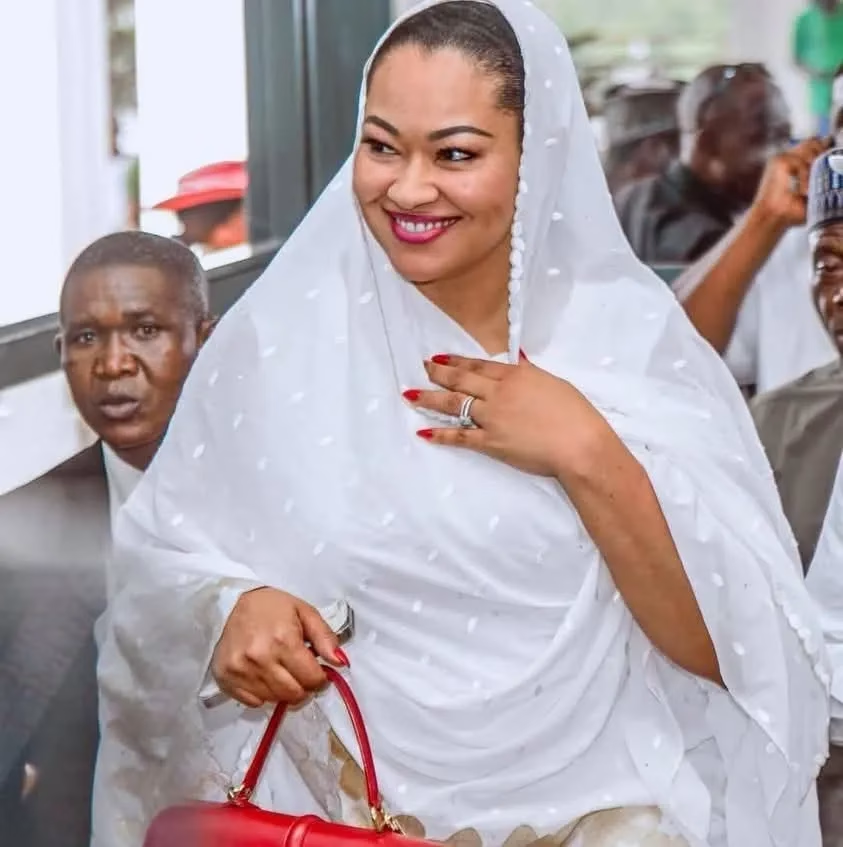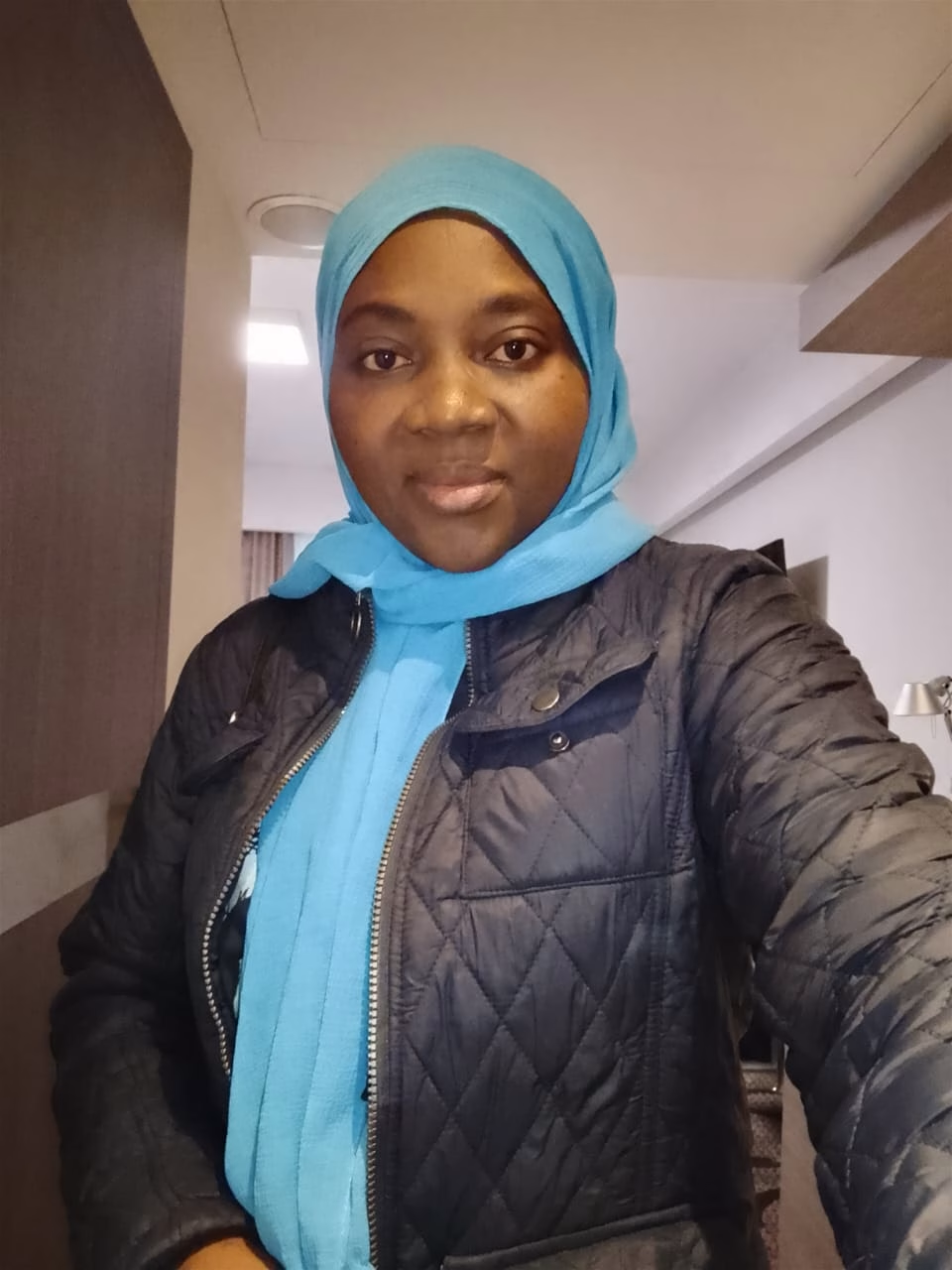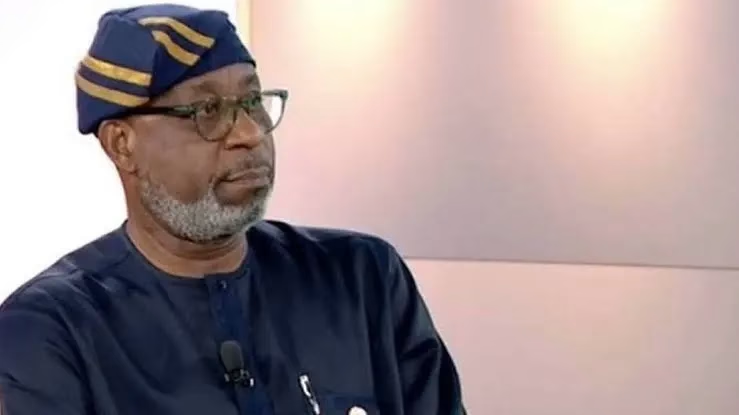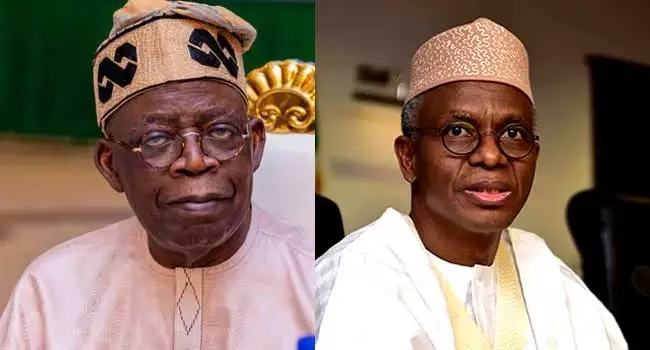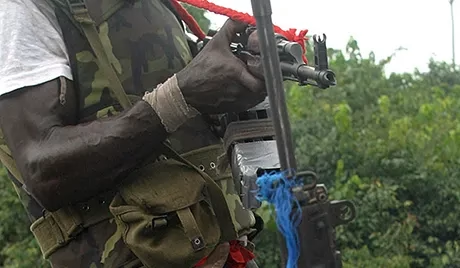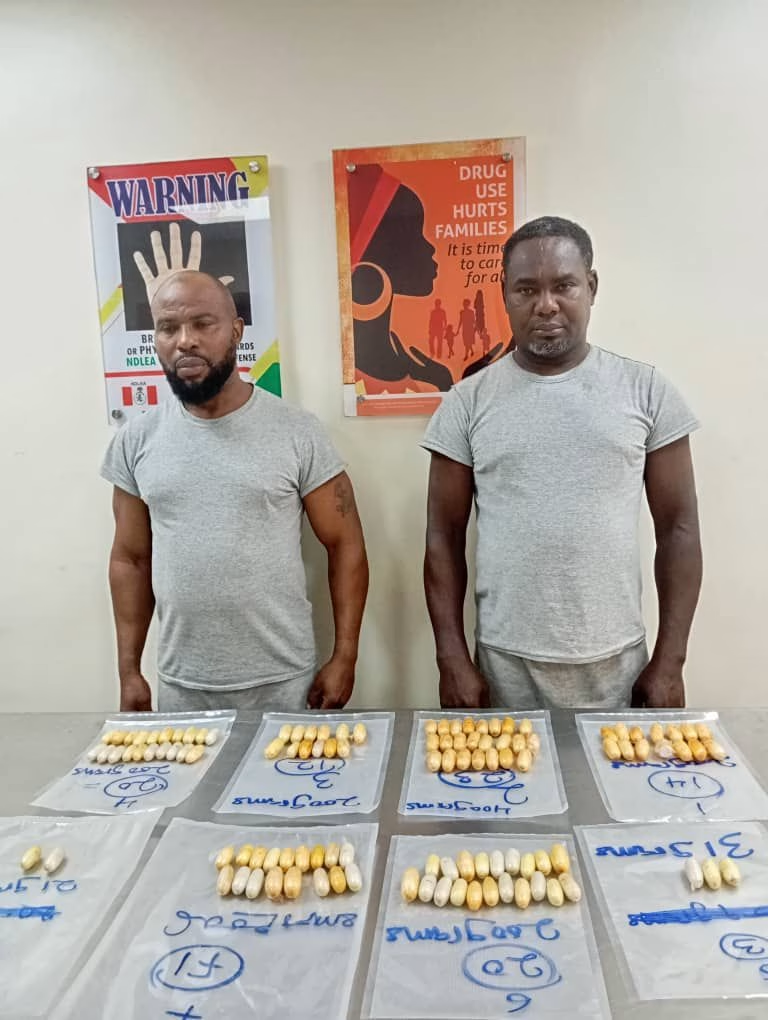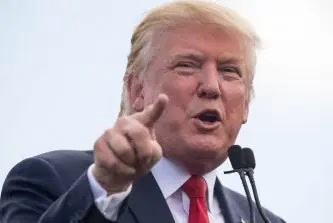By Halima Abdulazeez
I did not just travel to Poland to make up the crowd but to stand and be counted. Securing Visa alone was a thug of war. I used to think Miss Charity in the popular Nigeria’s visa wahala, a comic series, was annoying, till I got to the hot seat myself. Visas in Nigeria are like getting through the eye of a needle, no one faces that level of stress and go to Europe to eat, drink and sleep. With my eagle eyes, I had a vivid recollection of all that went down, I must flex a little as a writer, of course what happened in Poland cannot remain in Poland.
As a Nigerian writer who has hovered in the clouds for forty years before publishing my first poetic collections, getting sponsorship from the Young Writers Committee of PEN International to attend the 91st PEN International Congress in Krakow felt like a divine providence. I carried with me the Naija vibes, its heat, its madness and its laughter. On behalf of Young Writers, I was able to push for more participation from the shores of Nigeria and Africa at large in the spirit of diversity and inclusion.
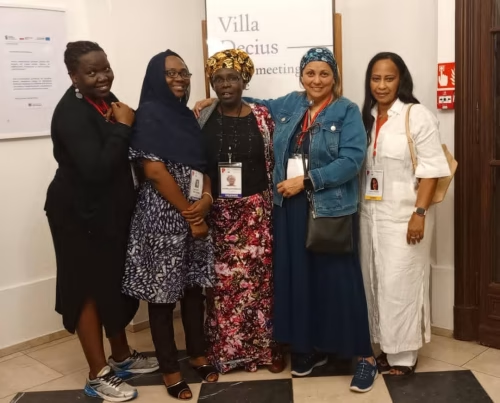
I also raised the problem of westernized solutions to local problems especially in the issues of climate change. Africa has never been this exposed to information yet we have never been this vulnerable. We thrive on sustainable means of farming till the capitalist comes for profit only. As more farms are getting mechanized , more farmers are being displaced. Strategies must be put in place to drive home the altruistic intentions of the Climate Campaigns.
As African women writers we are brainstorming on how to act upon these initiatives into a reality.
To see Krakow, the UNESCO City of Literature, in my lifetime was no small gift. It’s the kind of moment where you pray for your dreams, and when they finally arrive, they feel like another dream. Do we ever really separate dreams from reality?
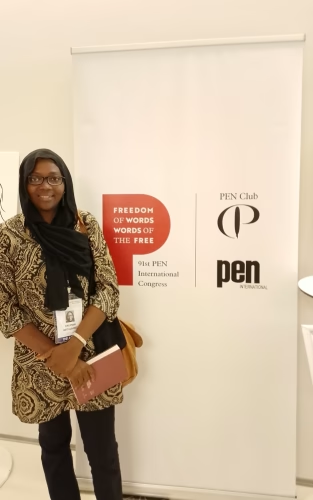
PEN International was founded in London in 1921 by Catherine Amy Dawson Scott. The idea was simple, writers needed a meeting ground as the world was healing from the wounds of war. Novelist John Galsworthy soon joined, later becoming its first president. PEN grew into a global body defending literature and freedom of expression.
Nigeria’s ties with PEN are old. In 1967, during the civil war, playwright Prof. Wole Soyinka was imprisoned. PEN, then under Arthur Miller, wrote a letter to General YakubuGowon. That letter mattered. Prof. Soyinka would later win the Nobel Prize. Words and solidarity saved him. This is what PEN stands for.
My first impression of Krakow was surreal. The air greeted me not with frenzy but with centuries folded into mystery. Walking its cobblestone streets was like turning the pages of an ancient manuscript.
I had packed winter coats, expecting freezing weather. Instead, autumn gave me cool breezes and clear skies like Lagos, the temperature was fair.

In Nigeria, the air is alive with hawkers calling, children laughing, and blaring music. In krakiow, it was as if words were measured in whispers and every dialogue seems to be highly priced.
At the airport though, young people sat quietly, most would rather read books. Meanwhile, in Nigeria, most of us are already suffering from chronic addictions to our devices, scrolling hours for instant dopamine from short reels. Krakow seemed rooted in more reading. It is by no means our fault though, we find escapes to cope with the undesirable events within our political space. A coping mechanism to avoid our collective traumas.
Potocki Palace was my first official point of call, this city Square humbled me. The palace stood as sentinels of time.
In Nigeria, castles live in my memory and my grandmothers’ folklores’,
The colonial forts by the sea in Badagry Lagos, gives no joy because it’s a symbol of conquest and slavery, meanwhile the castles breathe with continuity and Cultural Renaissance in Krakow.
The Vistula River, calm and reflective, I thought of the River Niger and the River Benue. Our waters are restless, insistent and wild, because there is no system in place to turn it the into an attractive tourist treasure. Krakow’s waters invite reflection. Ours compel resilience.
In cafés, words and Coffee are measured in tiny sips, both savored as slowly as a poem. We cannot afford such serenity in Nigeria. We live loudly. We laugh with our whole bodies, argue with fire, and wear our emotions like bright cloth. If we like you, you’ll see it. If we don’t, you’ll see it even faster.
By 2nd September, Congress was already in full gear, while most events were held at the International Conference Center (ICE), some took place outside. The opening ceremony was held at Kino Kijow, I was star struck seeing Margaret Atwood, Olga Tokarczuk the Nobel Laureate for 2018 and Burhan Sonmez the President of PEN international, a reknown Turkish writer. That was one of the highlight of the Congress for me personally.
On the evening of that same day , the Mayor of KRAKOW hosted us at KRAKOW Town Hall for a Cocktail.
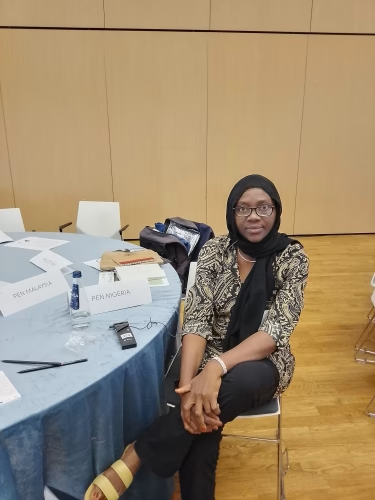
Yet as I reflected, I saw resilience in both Krakow and Nigeria. Two places scarred by history, yet unbroken.
As for the food, Oscypek cheese reminded me of wara (A Nigerin Delicacy) and the dumplings like( Dan wake). Polish shepherds and Nigerian herders, must have shared some culinary history across continents. Still, I longed for suya by the roadside and jollof rice, the king of Nigerian occasions. At the Mayor’s Palace, I tasted Polish delicacies with curiosity, but my tongue longs to return home, inspite of all the generosity.
The congress itself was a confluence. Writers from conflict zones. Poets in exile. Journalists under threat. Krakow sure lived up to its name as a preserver of memory. A city that resisted cultural extinction.
Nigeria knows no autumn, only wet and dry seasons. As bodly stated Our black is black, and white is white. Krakow’s beauty lies in patience. Nigeria’s beauty lies in its sense of urgency.
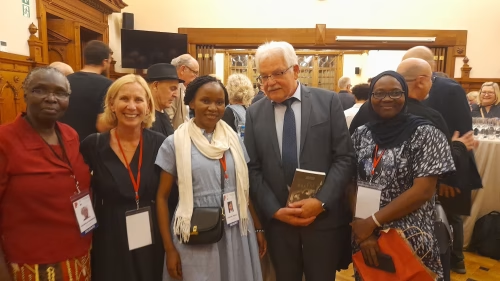
As divergent as both countries are, in climate, cuisine, rhythm, soundscape, Nigeria and Krakow meet in resilience. Both know the power of freedom. Both know the power of words.
And PEN International is the bridge.
I came home with more than enough memories to last me a lifetime. I came home with lessons, communion, and the reminder that though cultures may differ, humanity is one story that must be told in many languages. PEN International and its writers commit to continue using words as acts of conscience, to inspire and take action, and to safeguard the dignity of all living things.” Burhan Sonmez, PEN International President
Halima Abdulazeez is a poet and a writer of the poetry collection “Soul Rants” A Journey from Within. She is the treasurer of PEN International, Nigerian Center, Committee Chair for Young Writers Committee of PEN Nigeria, and resides in Lagos.
Contact: +234-8034816865 (mailto:umuhfaisal@gmail.com)

